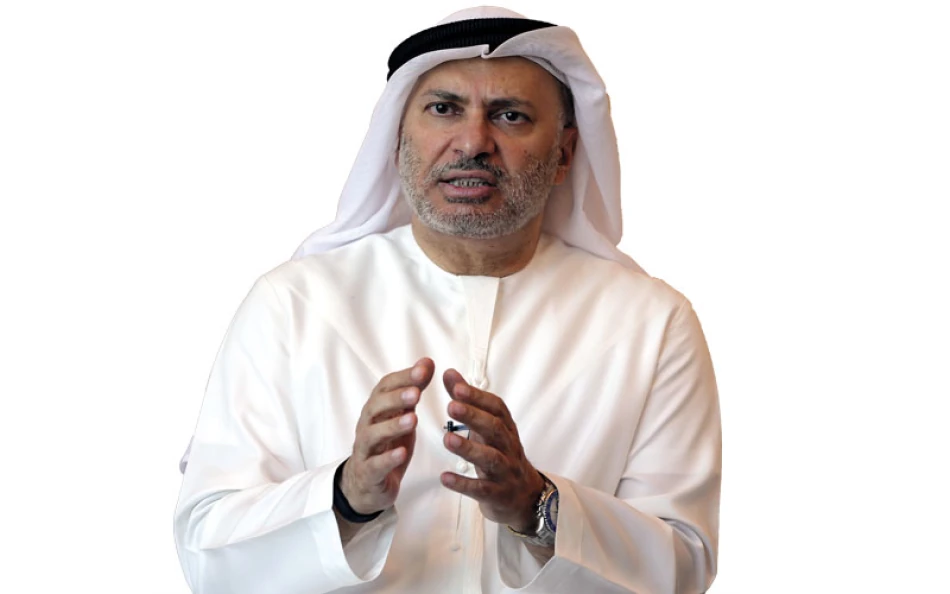
UAE Emerges as Reliable African Partner, Challenging Western Dominance
UAE Stakes Bold Claim in Africa as Sheikh Mohamed bin Zayed Visits Angola
The UAE is positioning itself as a reliable alternative to Western powers in Africa, with President Sheikh Mohamed bin Zayed Al Nahyan's state visit to Angola marking a strategic pivot that could reshape investment flows across the continent. The visit underscores the Emirates' growing confidence in challenging traditional spheres of influence while building economic partnerships that bypass established Western-dominated channels.
Breaking Western Monopoly on African Partnerships
Dr. Anwar Gargash, diplomatic advisor to the UAE President, made a pointed statement on X that signals Abu Dhabi's broader ambitions. "Working with the African continent is no longer the monopoly of the Western world," he declared, emphasizing that the UAE has emerged as "a reliable partner" through strategic courage, planning, and trust-building.
This language represents more than diplomatic courtesy—it's a direct challenge to decades of Western economic dominance in Africa, particularly from former colonial powers like France and Britain, as well as major investors like the United States.
Strategic Timing Amid Global Realignment
The UAE's African push comes at a moment when traditional Western influence is waning across the continent. France has faced mounting pressure to withdraw from its former colonies in West Africa, while China's Belt and Road Initiative has already established Beijing as a major infrastructure partner. The Emirates appears to be carving out a third path—one that offers investment without the historical baggage of colonialism or the debt-trap concerns associated with Chinese lending.
Angola: A Strategic Entry Point
Angola represents an ideal testing ground for UAE ambitions. As Africa's second-largest oil producer, the country offers natural synergies with the UAE's energy expertise and sovereign wealth capabilities. Angola's post-civil war reconstruction needs align perfectly with Emirati strengths in infrastructure development, logistics, and financial services.
The timing also coincides with Angola's efforts to diversify away from oil dependence—a challenge the UAE knows intimately and has navigated successfully over the past two decades.
Market Implications and Investment Strategy
For investors, the UAE's African strategy represents a significant shift in capital flows. The Emirates brings several advantages that neither Western nor Chinese competitors can easily match: Islamic finance expertise for Muslim-majority African nations, proven experience in building modern economies from resource wealth, and political neutrality that avoids the complications of great power rivalry.
The UAE's sovereign wealth funds, including ADIA and Mubadala, have over $1.5 trillion in combined assets under management. Even a small allocation toward African investments could dwarf traditional development aid and rival Chinese infrastructure spending.
Broader Geopolitical Context
This move fits within the UAE's broader strategy of positioning itself as a global hub that bridges East and West, North and South. Just as Dubai became a gateway between Europe and Asia, the UAE now seeks to become the primary conduit between the Gulf and Africa.
The strategy mirrors successful models from Singapore and Switzerland—small nations that built outsized influence through strategic positioning, financial expertise, and political pragmatism. Unlike these predecessors, however, the UAE operates with substantial energy revenues and sovereign wealth that can back its diplomatic initiatives with real capital.
Challenges and Opportunities Ahead
While the UAE's African ambitions face obvious challenges—including competition from established players and the continent's complex political landscape—the Emirates enter with several structural advantages. Their experience building modern states in challenging environments, combined with deep financial resources and political flexibility, positions them well for long-term success.
The Angola visit should be seen not as an isolated diplomatic gesture, but as the opening move in a comprehensive strategy to establish the UAE as Africa's preferred development partner. For global markets, this represents a new dynamic that could significantly alter investment patterns and economic relationships across both regions.
Most Viewed News

 Sara Khaled
Sara Khaled






